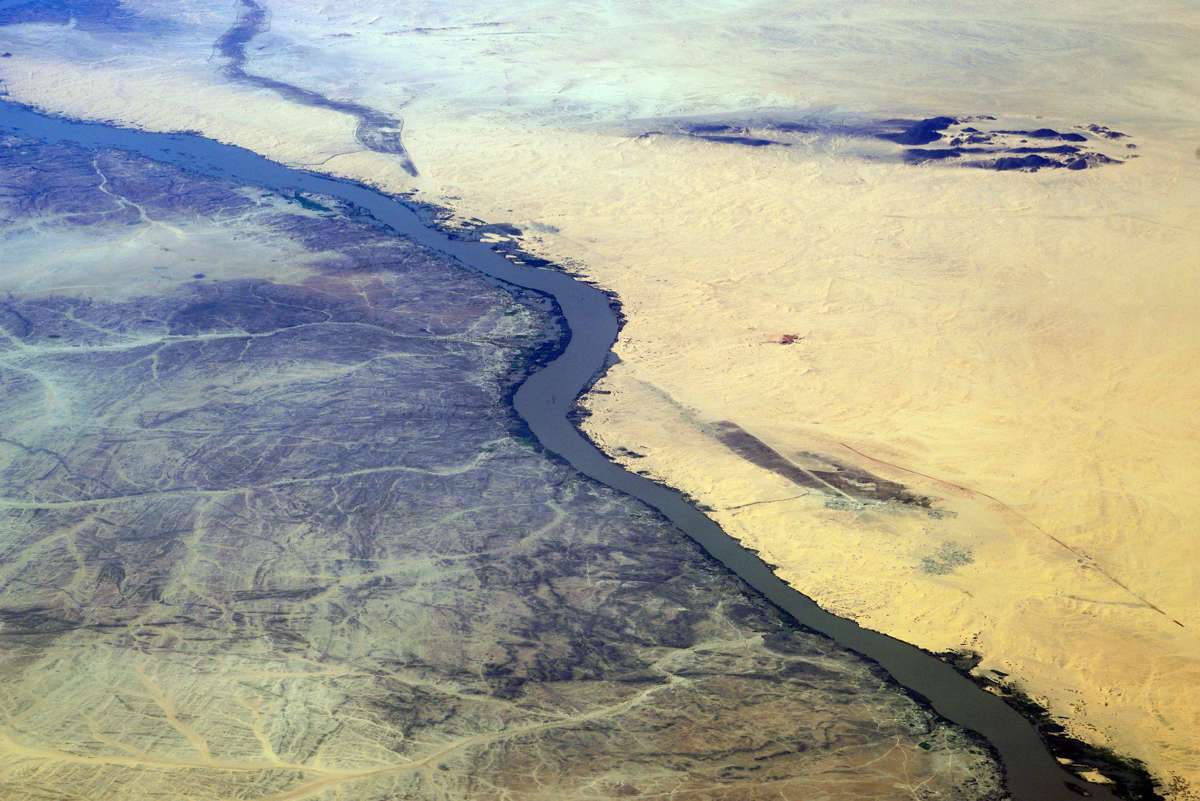Egypt building the World’s Longest Artificial River through the Desert
In the heart of Egypt’s formidable desert terrain, an audacious plan emerged – the creation of the world’s longest artificial river.
At first glance, the notion may appear fantastical, but it is a visionary response to Egypt’s pressing challenges of water scarcity and management. The country, with its unique geographic and climatic conditions, coupled with a burgeoning population and escalating water demand, grapples with a complex water crisis that demands a ground-breaking solution. This grand endeavour promises to be nothing short of the Eighth Wonder of the World.
Egypt’s water woes have been a persistent concern for years, prompting the government to seek a comprehensive remedy. In a recent announcement, Egypt unveiled a colossal scheme to forever resolve its water problems – the construction of a river spanning the vast expanse of the desert.
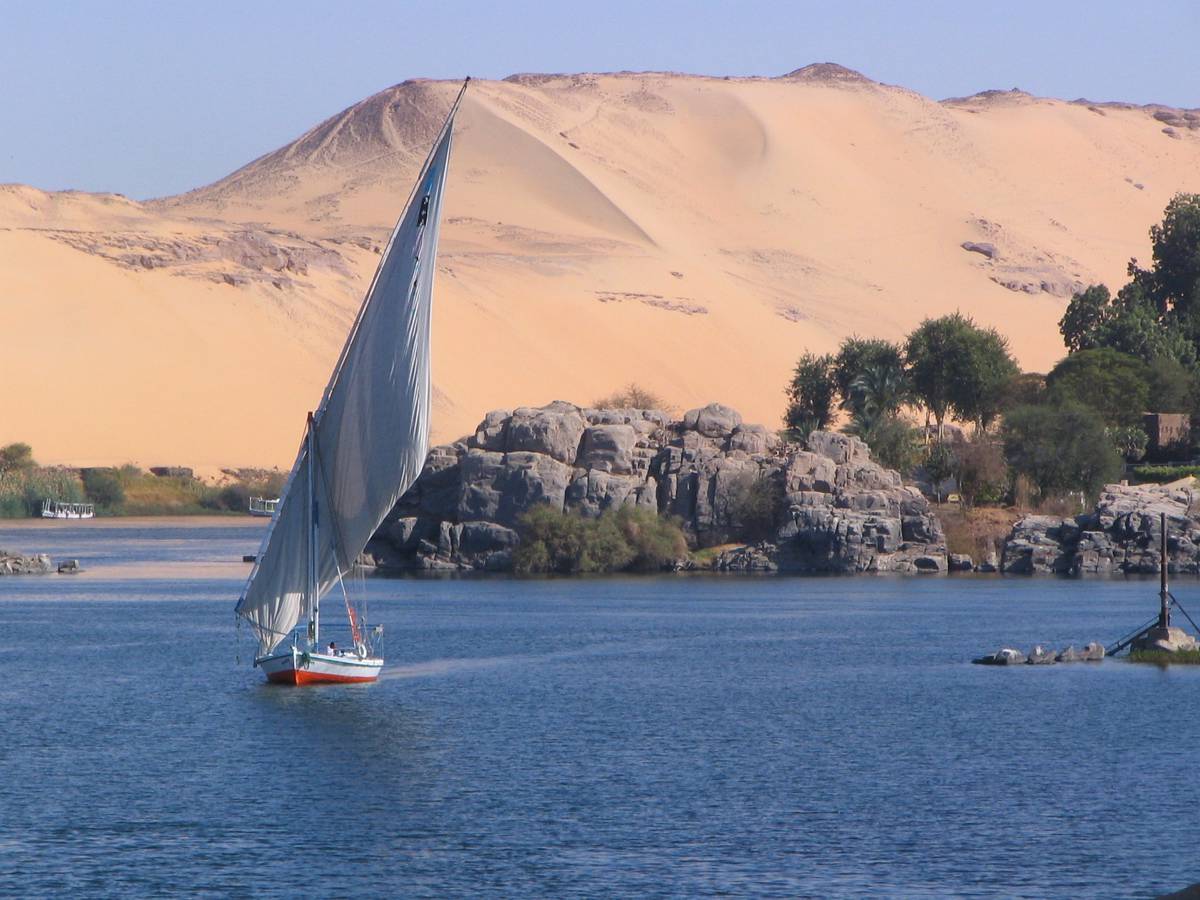
Egypt’s endeavour, known as the “New Delta Project,” is a monumental feat of water resource management. It marries conventional engineering techniques with cutting-edge technology, all in a bid to meet the water needs of a rapidly growing population in an extremely inhospitable climate.
The price tag for this audacious undertaking is estimated to soar past $5 billion, a testament to its sheer scale.
This artificial river is projected to span a staggering 114,000 kilometres, eclipsing the length of Egypt’s lifeline, the Nile. Within this vast project, two distinct sub-projects have been conceived, “Egypt’s Future” and “The South of Eldaba Axis.”
Egypt’s president, in making the announcement, proudly declared this ambitious endeavour as the largest in the nation’s history.
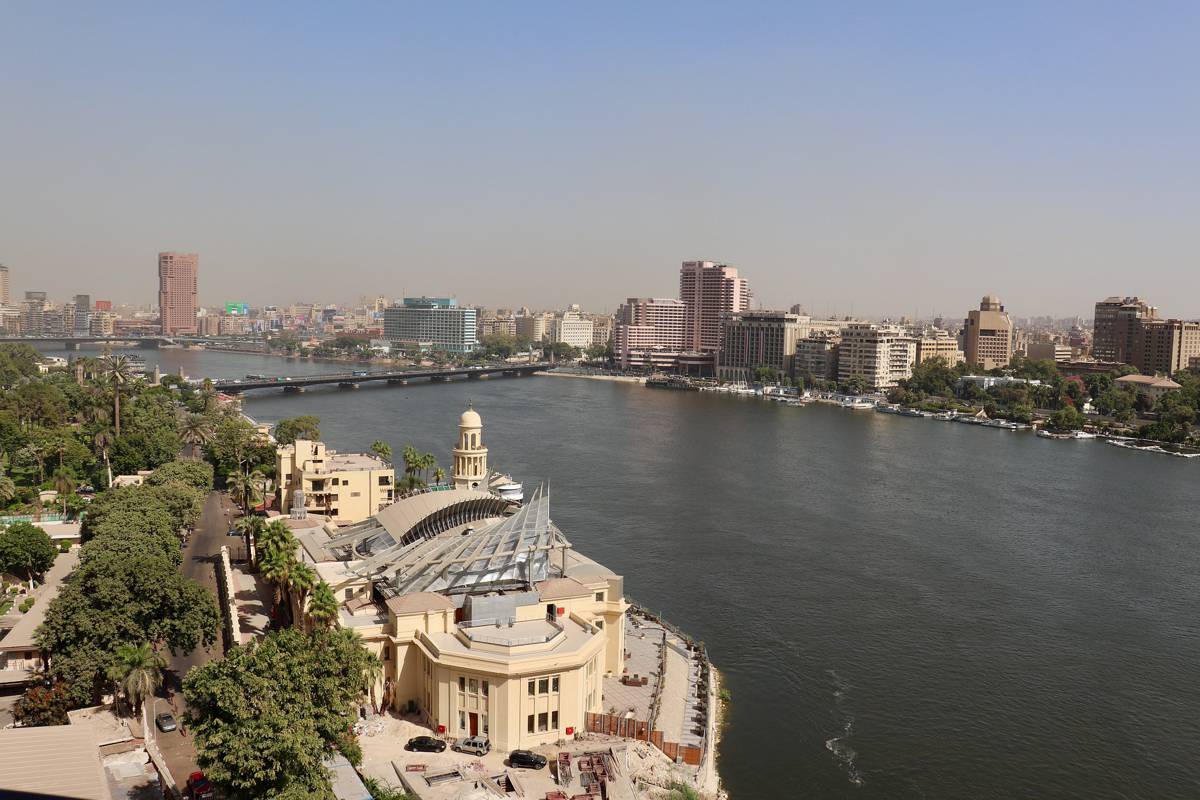
The New Delta Project intends to expand and cultivate agricultural land in the existing desert regions, aimed at reducing Egypt’s import bills, which have been strained by external geopolitical events such as the Russia-Ukraine conflict. Interestingly, this announcement comes hot on the heels of Saudi Arabia unveiling plans of its own – a subterranean river longer than the Nile, four meters deep, 11 meters wide, and extending a colossal 12,000 kilometres. The construction of this engineering marvel will utilize anti-corrosion pipes with a diameter of 2.25 meters, forming a sophisticated transportation system.
Both the New Delta Project in Egypt and Saudi Arabia’s monumental river have profound implications for their respective nations. They promise to bolster agricultural production, create employment opportunities, and ensure clean water access for their populations. These projects underscore the commitment of these nations to regional development and the optimal utilization of local resources.
Egypt’s economic and infrastructure ambitions continue to surge, with the New Delta Project being the crown jewel. The estimated budget of 160 billion Egyptian pounds, equivalent to a staggering $5.25 billion, has prompted close collaboration between Egypt and Saudi Arabia. While the precise sources of financial support remain undisclosed, the symbiotic relationship between the two nations points to substantial backing from Saudi Arabia, whose deep pockets can play a pivotal role in addressing engineering and environmental challenges.
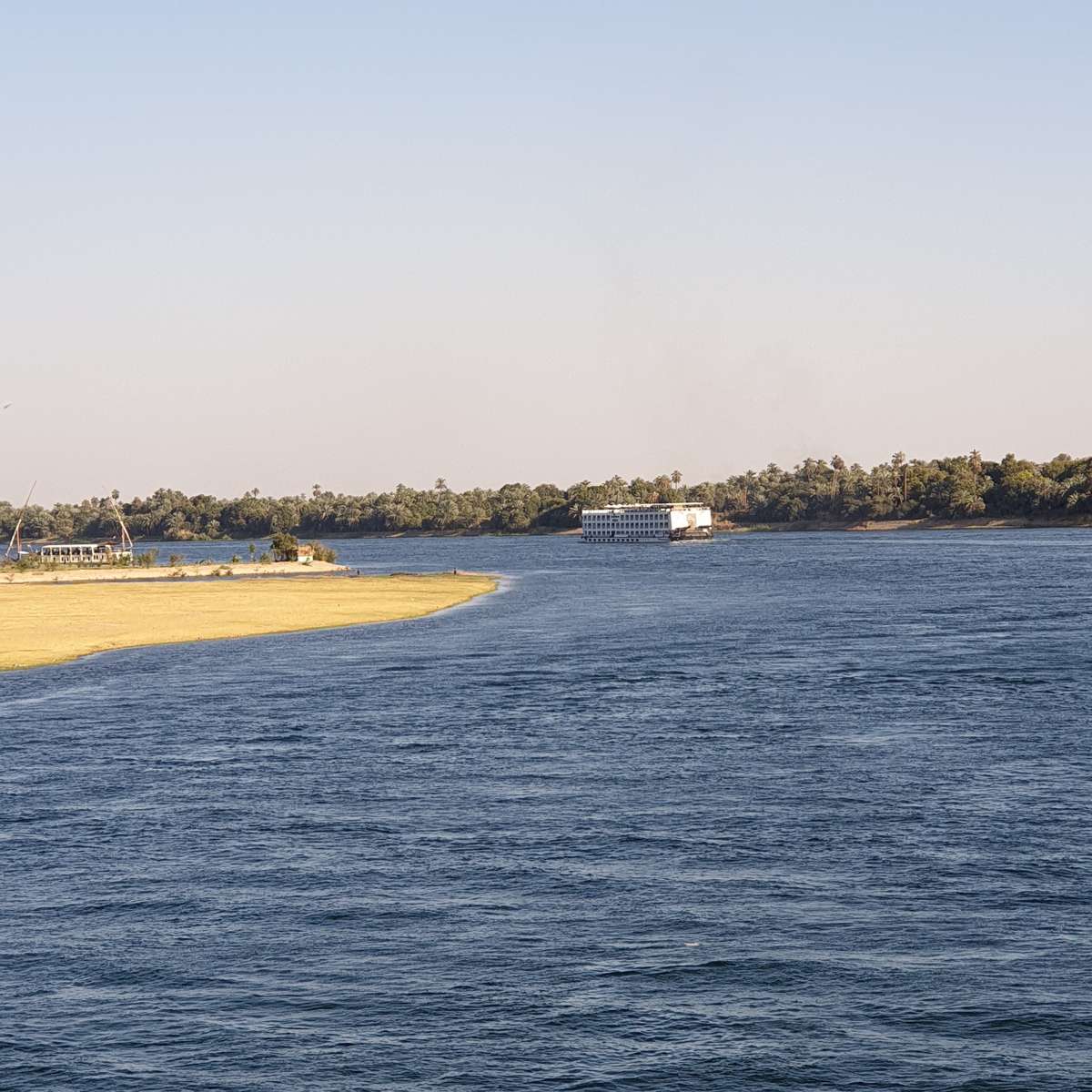
The New Delta Project comes with its share of engineering hurdles, including the intricate task of connecting various parts of the canal and identifying potential environmental hazards. These challenges are anticipated to constitute a significant portion of the project’s expenses. The involvement of Saudi Arabia is poised to offer invaluable assistance in surmounting these obstacles.
This extraordinary artificial river will feature an extensive network of pipes buried beneath the ground, spanning 22 kilometres, designed to transport groundwater, agricultural runoff, and treated water from the Alabama station. Additionally, the open section of the river will extend 92 kilometres. Remarkably, 35 percent of the water transmission pipes are already in place, along with 65 percent of the open-area construction.
Strategically situated near airports and ports, the New Delta Project will also generate employment opportunities, contributing to food security and import substitution. Covering an impressive 2.2 million acres of agricultural land, the project relies primarily on recycled agricultural drainage water and groundwater for its water supply.
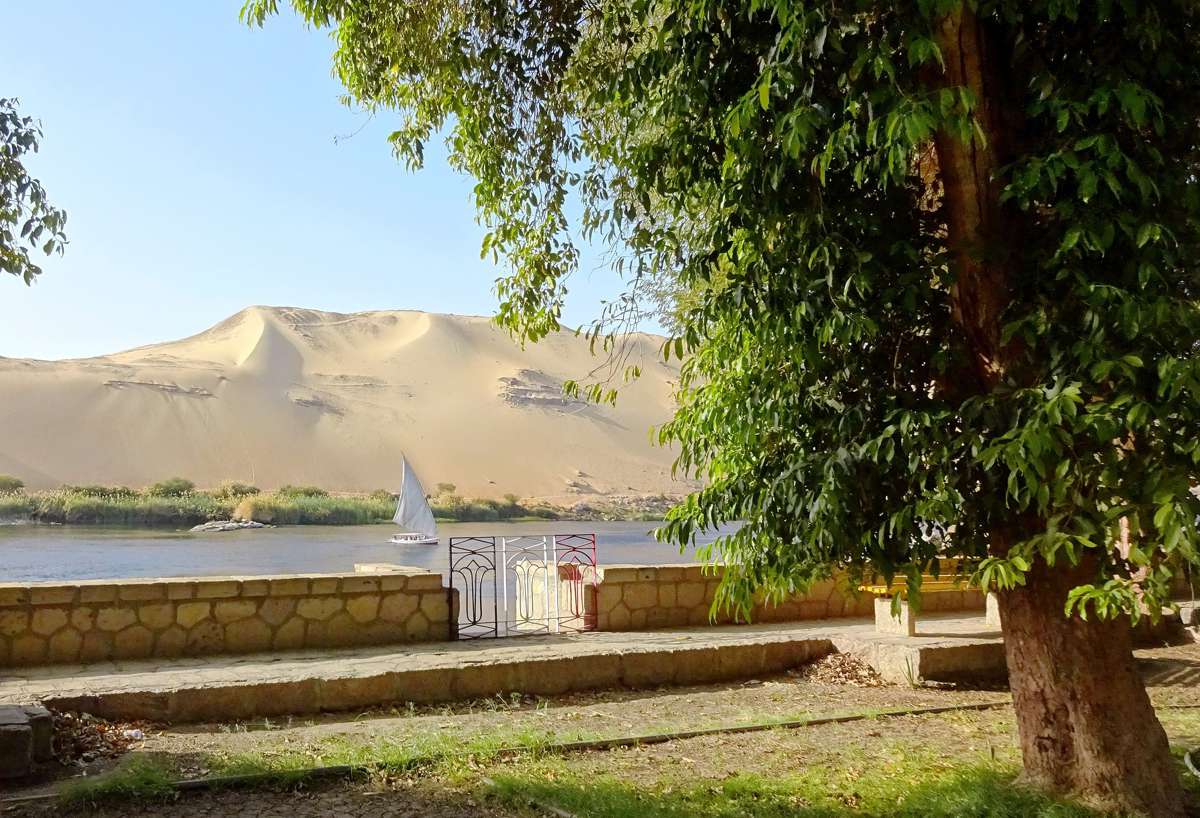
Egypt, as the world’s largest wheat importer, aims to secure its food future, close the demand-supply gap for wheat, and reduce reliance on costly imports, thereby conserving foreign exchange reserves and advancing sustainable development goals.
Moreover, this project is poised to create over ten thousand direct jobs and more than 360,000 indirect employment opportunities within the local economy. In a country facing the challenges of desertification, water scarcity, and rapid population growth, Egypt’s audacious undertaking is a bold step towards providing its citizens with a secure and abundant supply of clean water.
According to UNICEF, Egypt grapples with an annual water deficit of approximately 7 billion cubic meters, potentially exhausting its water resources by 2025. With the New Delta Project, Egypt is not only securing its water future but also charting a path toward sustainable development and prosperity for generations to come.








